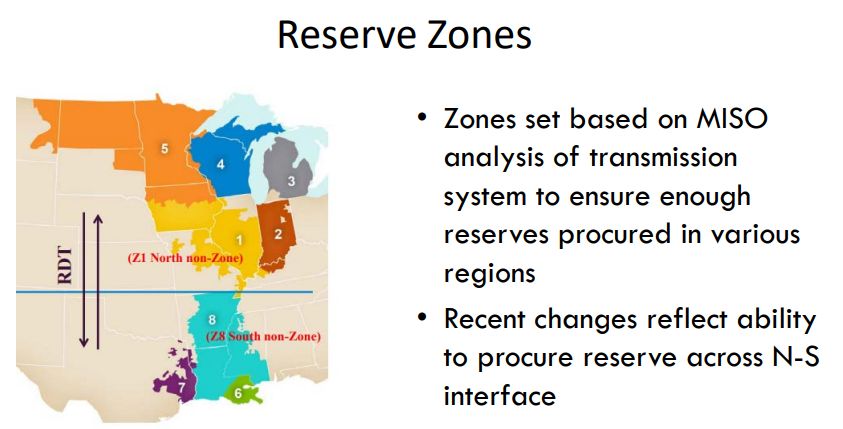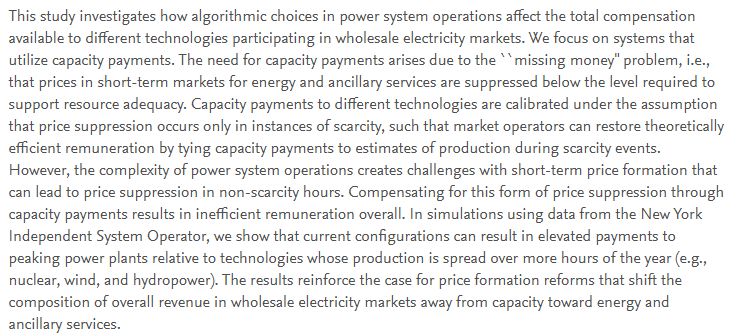Jacob Mays
@jacobmays.bsky.social
3.1K followers
330 following
52 posts
Assistant Professor, Cornell Civil and Environmental Engineering, working on energy systems and decision making under uncertainty. Tweeting in a personal capacity.
Posts
Media
Videos
Starter Packs
Reposted by Jacob Mays
Jacob Mays
@jacobmays.bsky.social
· Aug 20
Jacob Mays
@jacobmays.bsky.social
· Jul 16
Jacob Mays
@jacobmays.bsky.social
· May 31
Jacob Mays
@jacobmays.bsky.social
· May 29
Jacob Mays
@jacobmays.bsky.social
· May 28
Jacob Mays
@jacobmays.bsky.social
· May 7
Jacob Mays
@jacobmays.bsky.social
· Jan 23
Jacob Mays
@jacobmays.bsky.social
· Jan 21
Jacob Mays
@jacobmays.bsky.social
· Jan 20
Jacob Mays
@jacobmays.bsky.social
· Jan 16
Jacob Mays
@jacobmays.bsky.social
· Jan 5

NYSERDA, Clean Path NY developers terminate contracts underpinning 175-mile transmission line
Clean Path NY developer Forward Power says it “remain[s] committed to New York’s energy transition” despite the loss of the project’s renewable energy credit purchase and sale agreement.
www.utilitydive.com
Jacob Mays
@jacobmays.bsky.social
· Jan 5
Jacob Mays
@jacobmays.bsky.social
· Dec 31
Jacob Mays
@jacobmays.bsky.social
· Dec 31
Jacob Mays
@jacobmays.bsky.social
· Dec 23
Jacob Mays
@jacobmays.bsky.social
· Dec 23




